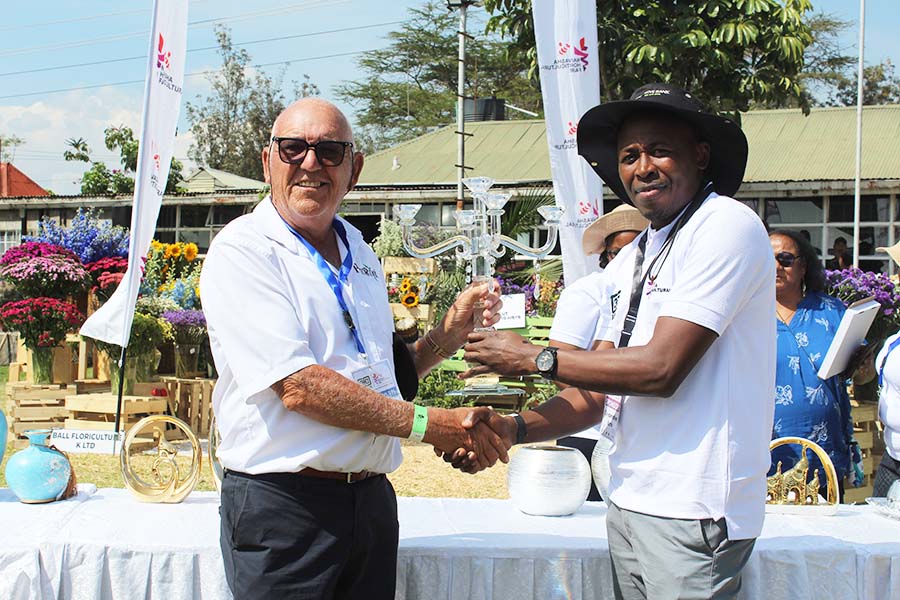

The Naivasha Horticultural Fair (NHFair) has long been more than just an industry showcase. It is a marketplace of ideas, a celebration of progress, and a mirror of Kenya’s horticultural journey. The 2025 edition, staged at the Naivasha Sports Club, once again confirmed its place as Africa’s largest and most dynamic horticultural fair.
The numbers underscored its impact: nearly 12,000 visitors and over 250 exhibitors, displaying everything from flowers and vegetables to coffee, tea, maize, and other arable crops. Under the theme “Nurturing Innovation for Sustainable Growth,” the event buzzed with technologies, strategies, and conversations that are set to shape the future of agriculture.
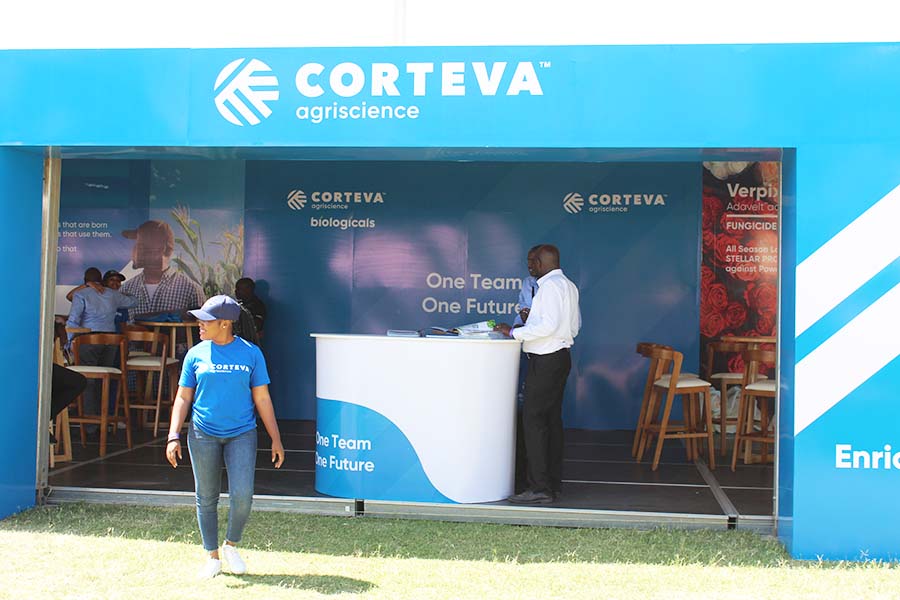
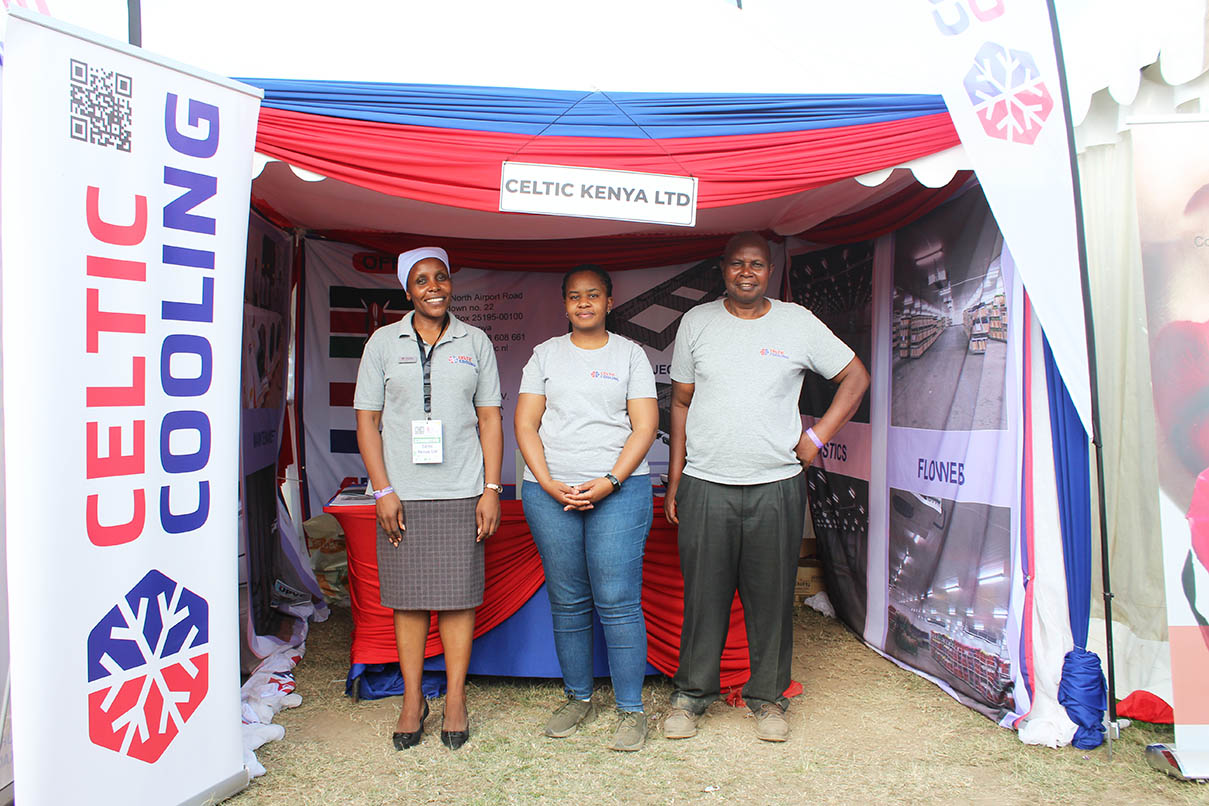
Walking through the exhibition grounds was like stepping into the farms of tomorrow. Growers, suppliers, buyers, and policymakers mingled freely, exchanging solutions from climate-smart practices to post-harvest innovations. Speaking to Floriweek, Majitec, a supplier of eco-friendly irrigation systems, highlighted the value of such encounters, “The fair gives us the platform to meet real decision-makers. We don’t just sell products; we share solutions that can make farming viable for the next generation.” At a neighboring stand, Winrose of Kapi Ltd from Nakuru emphasized how the event empowers local producers: “For us, this fair opens doors. We meet exporters, buyers, and gain ideas we can take back to our farms.”
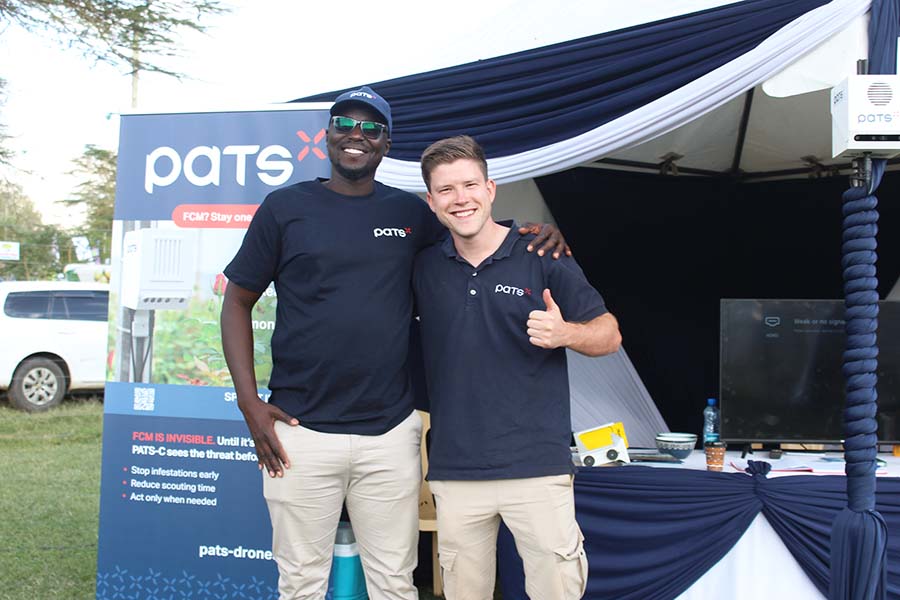
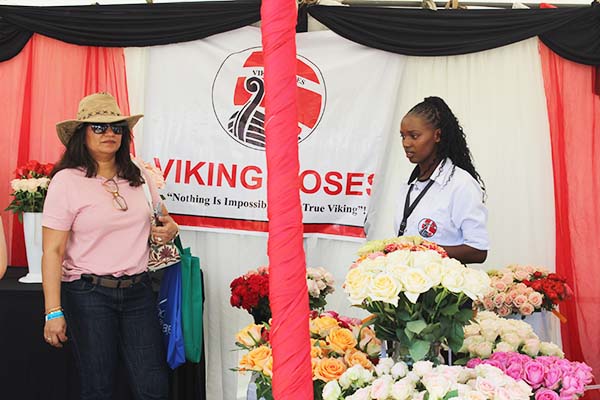
One of the international buyers interviewed by Floriweek echoed this sentiment. A Dutch importer praised Kenya’s global positioning: “Kenya is not just a supplier but a leader in sustainable horticulture. The innovation and professionalism here are impressive.”
For younger attendees, the fair was equally inspiring. A Kenyan agribusiness student shared: “It’s encouraging to see technology that speaks directly to our challenges. It shows that the future of farming is within reach.”
Business with a Social Heart
For NHFair Chairman Richard McGonnell, the event’s significance extends well beyond trade: “This fair captures the heartbeat of Kenya’s horticultural industry. It’s not just about business, but about giving back and showing the strides we’ve made in professionalism, innovation, and social responsibility.”
True to that vision, all proceeds fund the NHFair Trust, which supports initiatives such as the Naivasha Safe House for women and children, water facilities for schools, local healthcare projects, and reforestation efforts around Lake Naivasha. The human impact is visible in the community. A teacher from a Naivasha primary school benefiting from new water tanks explained: “Before this project, children had to carry water with jericans from their homes.
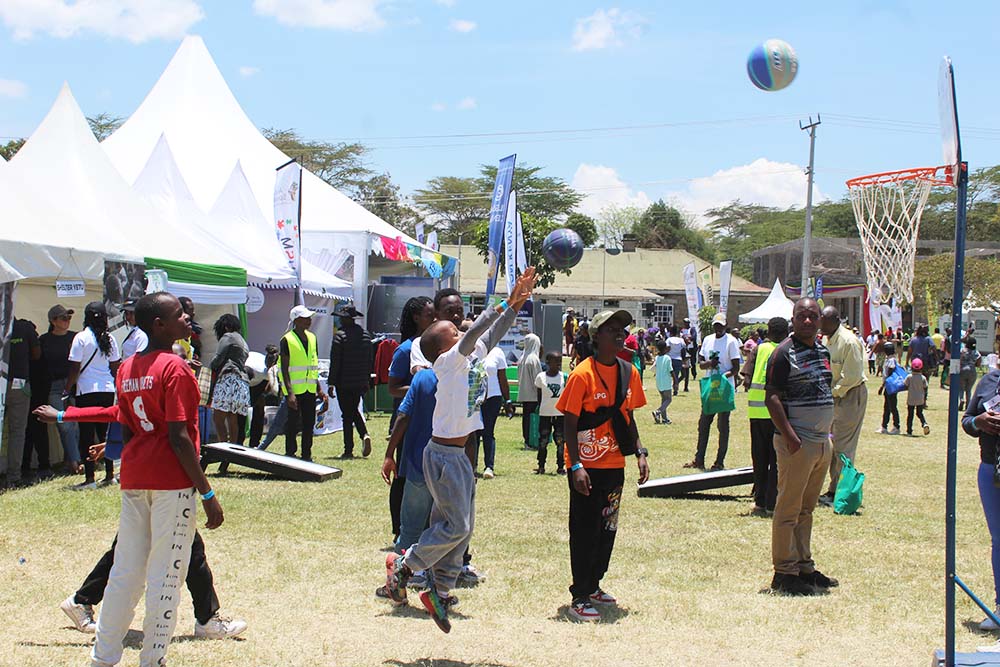
Now, we have clean water right here in school attendance has improved, and the children are healthier.”A young mother, a beneficiary of the Safehouse shared how the Trust changed her life: “When I went to the safehouse, I had nothing, not even hope. The Safe House gave me shelter, counseling, and skills training. Today, I can provide for my children. This fair is not just about flowers; it’s about saving lives.”
A medical practitioner from one of the health facilities shared: “The Trust’s support for health has brought healthcare closer to rural families who would otherwise go without treatment.”
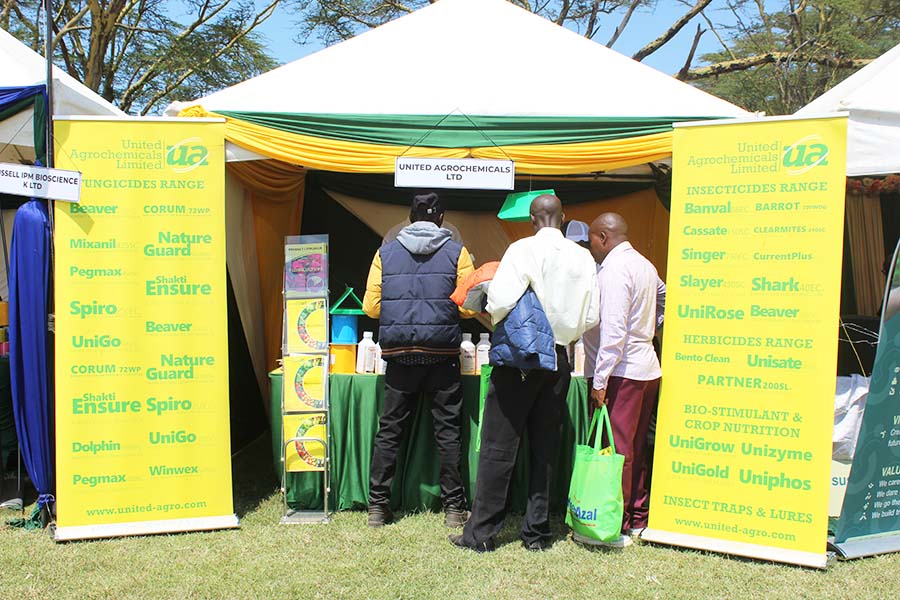
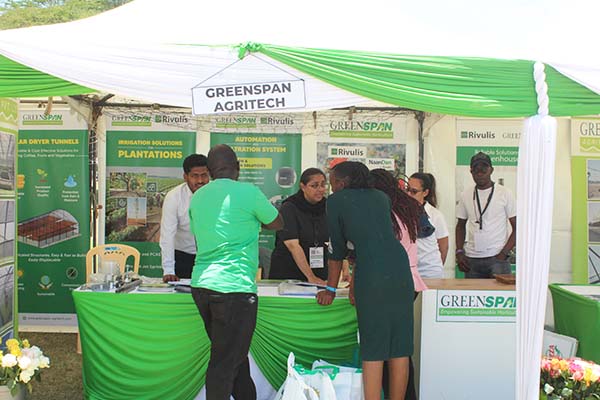
Policy Frustrations and Industry Demands
Yet amid the optimism, McGonnell raised concerns about mounting regulatory costs. He criticized what he described as “petty taxes” and overlapping levies from agencies including KEBS, KEPHIS, PCPB, and HCD. “Sometimes it feels as if they are trying to close farms down under the weight of taxation,” he warned, pointing to new packaging charges as a burden that discourages investment.
Government officials present acknowledged the criticism. One senior representative from the Ministry of Agriculture, speaking off the record, admitted, “We hear the industry’s frustrations. Our priority is to simplify regulation and work with growers to improve competitiveness. Kenya’s horticulture is a national treasure, and we cannot afford to stifle it.”
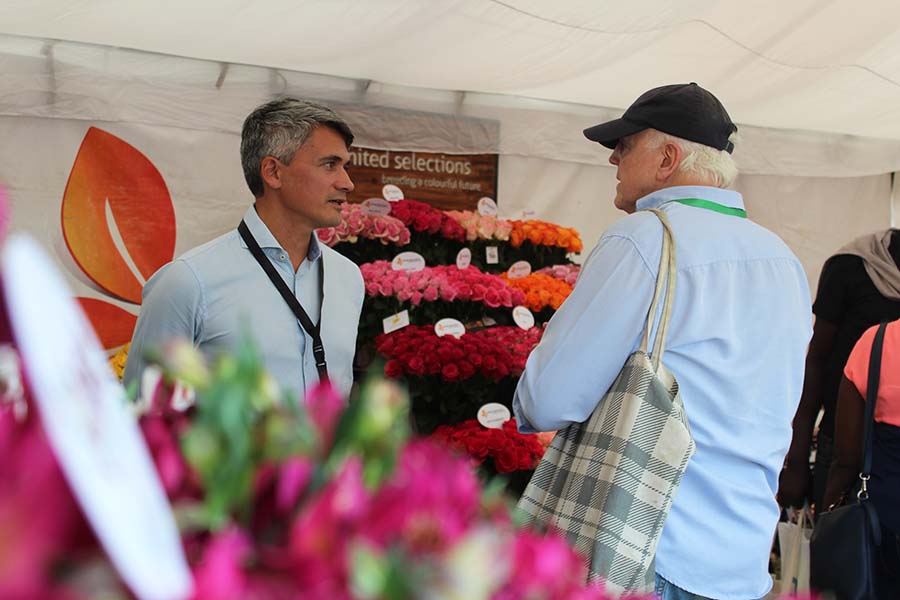
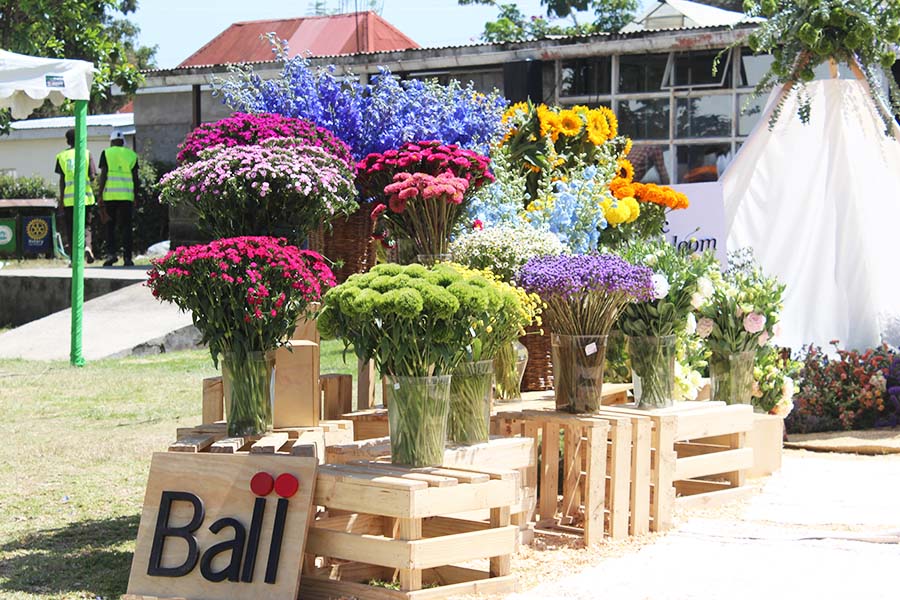
McGonnell urged focus on enablers such as affordable soil testing, better seed quality, stronger co-operatives, and improved agronomic advice steps he argued could raise yields by up to 40% per crop. He also pointed to inflated freight charges and higher electricity tariffs as hurdles undermining Kenya’s edge against regional competitors like Ethiopia and Tanzania.
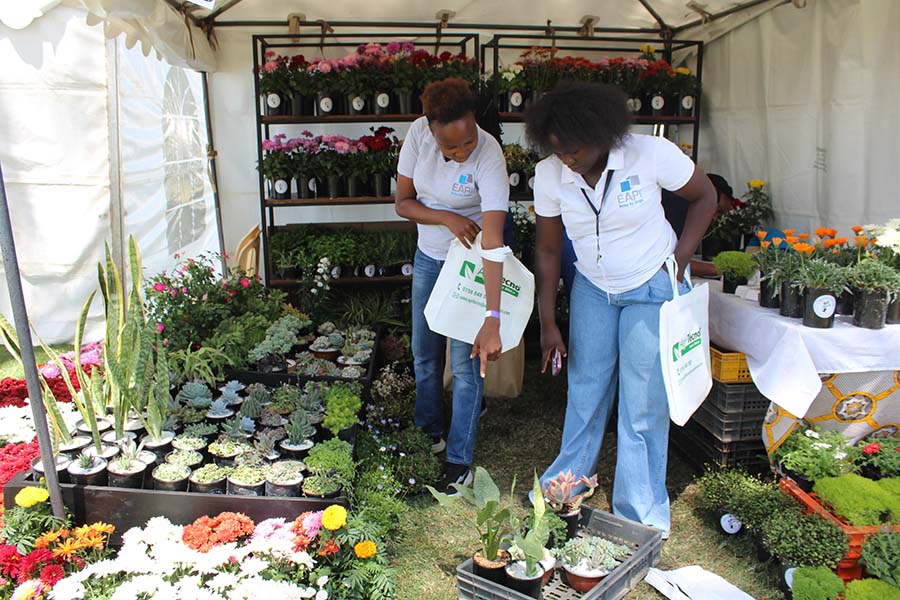
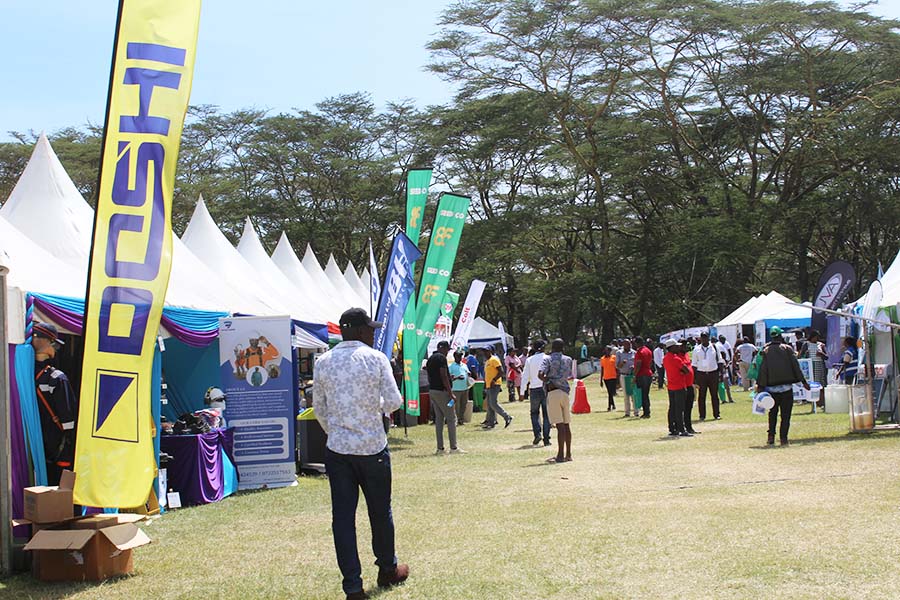
Voices from the Ground
Despite the challenges, exhibitors and visitors celebrated the fair’s role in fostering resilience. One smallholder proudly shared, “We are proof that with the right support, even small farms can meet global standards.”An Ethiopian visitor remarked, “We are here to learn from Kenya’s model. The scale and organization of this fair are unmatched in the region.” Nelson Okoth of Celtic Cooling, covering East Africa, stressing the importance of regional collaboration, “The cross-border exchange is invaluable. We face similar challenges, and this fair allows us to learn from each other.”
Optimism remained strong. McGonnell predicted further growth in 2026, buoyed by farm expansion and rising global demand.
NHFair 2025 was ultimately more than an exhibition. It was a platform for advocacy, innovation, and collaboration. It showcased not only agricultural inputs but also Kenya’s resilience, ingenuity, and commitment to a sustainable future. The message was clear: with the right support, Kenya’s horticulture is poised to bloom beyond measure.
